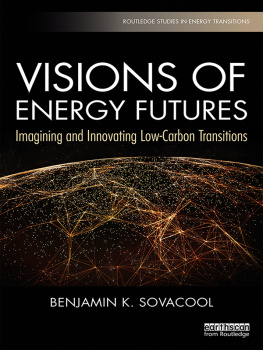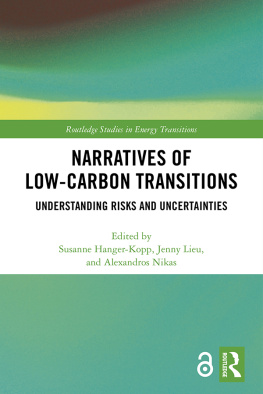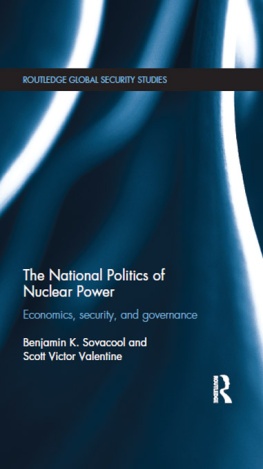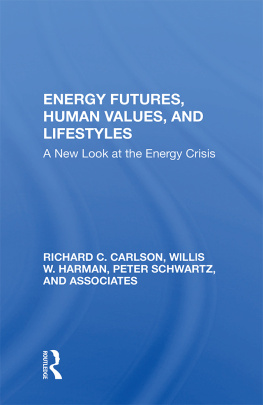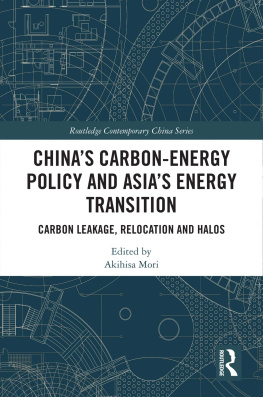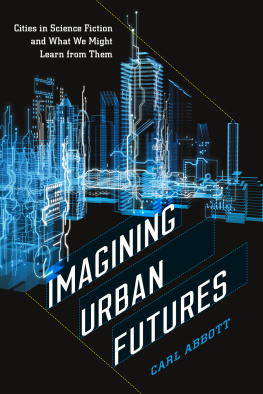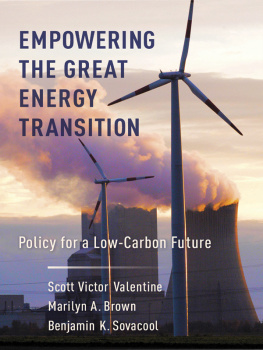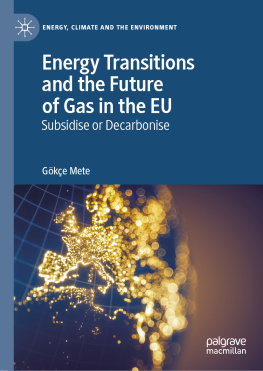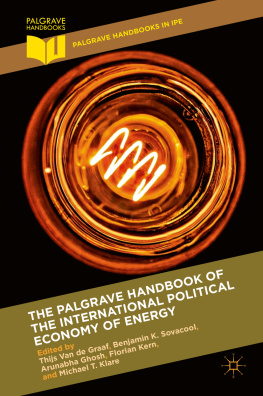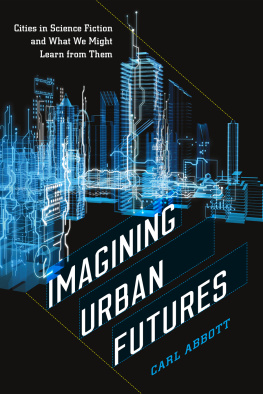Visions of Energy Futures
This book examines the visions, fantasies, frames, discourses, imaginaries, and expectations associated with six state-of-the-art energy systemsnuclear power, hydrogen fuel cells, shale gas, clean coal, smart meters, and electric vehiclesplaying a key role in current deliberations about low-carbon energy supply and use.
Visions of Energy Futures: Imagining and Innovating Low-Carbon Transitions unveils what the future of energy systems could look like, and how their meanings are produced, often alongside moments of contestation. Theoretically, it analyzes these technological case studies with emerging concepts from various disciplines: utopianism (history of technology), symbolic convergence (communication studies), technological frames (social construction of technology), discursive coalitions (discourse analysis and linguistics), sociotechnical imaginaries (science and technology studies), and the sociology of expectations (innovation studies, future studies). It draws from these cases to create a synthetic set of dichotomies and frameworks for energy futures based on original data collected across two global epistemic communitiesnuclear physicists and hydrogen engineersand experts in Eastern Europe and the Nordic region, stakeholders in South Africa, and newspapers in the United Kingdom. This book is motivated by the premise that tackling climate change via low-carbon energy systems and practices is one of the most significant challenges of the twenty-first century, and that success will require not only new energy technologies, but also new ways of understanding language, visions, and discursive politics. The discursive creation of the energy systems of tomorrow is propagated in polity, hoping to be realized as the material fact of the future, but processed in conflicting ways with underlying tensions as to how contemporary societies ought to be ordered.
This book will be essential reading for students and scholars of energy policy, energy and environment, and technology assessment.
Benjamin K. Sovacool is Professor of Energy Policy at the Science Policy Research Unit (SPRU) at the School of Business, Management, and Economics, University of Sussex, UK. He is also Professor of Business and Social Sciences at Aarhus University in Denmark, where he also directs the Centre on Energy Technologies.
Routledge Studies in Energy Transitions
Considerable interest exists today in energy transitions. Whether one looks at diverse efforts to decarbonize, or strategies to improve the access levels, security and innovation in energy systems, one finds that change in energy systems is a prime priority.
Routledge Studies in Energy Transitions aims to advance the thinking which underlies these efforts. The series connects distinct lines of inquiry from planning and policy, engineering and the natural sciences, history of technology, STS, and management. In doing so, it provides primary references that function like a set of international, technical meetings. Single and co-authored monographs are welcome, as well as edited volumes relating to themes, like resilience and system risk.
Series Editor: Dr. Kathleen Arajo, Boise State University and Energy Policy Institute, Center for Advanced Energy Studies (US)
Series Advisory Board
Morgan Bazilian, Colorado School of Mines (US)
Thomas Birkland, North Carolina State University (US)
Aleh Cherp, Central European University (CEU, Budapest) and Lund University (Sweden)
Mohamed El-Ashry, UN Foundation
Jose Goldemberg, Universidade de Sao Paolo (Brasil) and UN Development Program, World Energy Assessment
Michael Howlett, Simon Fraser University (Canada)
Jon Ingimarsson, Landsvirkjun, National Power Company (Iceland)
Michael Jefferson, ESCP Europe Business School
Jessica Jewell, IIASA (Austria)
Florian Kern, Institut fr kologische Wirtschaftsforschung (Germany)
Derk Loorbach, DRIFT (Netherlands)
Jochen Markard, ETH (Switzerland)
Nabojsa Nakicenovic, IIASA (Austria)
Martin Pasqualetti, Arizona State University, School of Geographical Sciences and Urban Planning (US)
Mark Radka, UN Environment Programme, Energy, Climate, and Technology
Rob Raven, Utrecht University (Netherlands)
Roberto Schaeffer, Universidade Federal do Rio de Janeiro, Energy Planning Program, COPPE (Brasil)
Miranda Schreurs, Technische Universitt Mnchen, Bavarian School of Public Policy (Germany)
Vaclav Smil, University of Manitoba and Royal Society of Canada (Canada)
Benjamin Sovacool, Science Policy Research Unit (SPRU), University of Sussex (UK)
Titles in this series include:
How Power Shapes Energy Transitions in Southeast Asia
A Complex Governance Challenge
Jens Marquardt
Energy and Economic Growth
Why we Need a New Pathway to Prosperity
Timothy J. Foxon
Accelerating Sustainable Energy Transition(s) in Developing Countries
The Challenges of Climate Change and Sustainable Development
Laurence L. Delina
Petroleum Industry Transformations
Lessons from Norway and Beyond
Edited by Taran Thune, Ole Andreas Engen and Olav Wicken
Sustainable Energy Transformations, Power and Politics
Morocco and the Mediterranean
Sharlissa Moore
Energy as a Sociotechnical Problem
An Interdisciplinary Perspective on Control, Change, and Action in Energy Transitions
Edited by Christian Bscher, Jens Schippl and Patrick Sumpf
Transitions in Energy Efficiency and Demand
The Emergence, Diffusion and Impact of Low-Carbon Innovation
Edited by Kirsten E.H. Jenkins and Debbie Hopkins
Visions of Energy Futures
Imagining and Innovating Low-Carbon Transitions
Benjamin K. Sovacool
For more information about this series, please visit: www.routledge.com/Routledge-Studies-in-Energy-Transitions/book-series/RSENT
Visions, imaginaries, and fictional expectations are central for an understanding of our energy futures, determining what is desirable and undesirable, achievable or impossible. Energy visions should feature centrally in our research and policy mixes, and I welcome Visions of Energy Futures for ambitiously pushing such an agenda forward.
Maarten Hajer, Professor of Urban Futures, Utrecht University, the Netherlands
Visions, discourses and framings of low-carbon innovations shape meanings and legitimacy that, in turn, influence support from various actors, including policymakers and funders. Contributing to debates about the performative roles of visions, Benjamin Sovacools new book draws important lessons from six case studies across various countries and domains, which illuminate how future energy systems are affected by discursive struggles at present. Important reading for students and scholars alike.
Frank Geels, Professor of System Innovation, University of Manchester, UK
Technology is rooted in the future. Hence, the development and use of low-carbon energy systems requires fundamental changes in how the future is imagined. Benjamin Sovacool elegantly explores and explains how imaginations of the future could feed, guide and inspire technological innovations in six state-of-the-art energy systems. This book provides an important and timely contribution to the quest of energy transitions.

